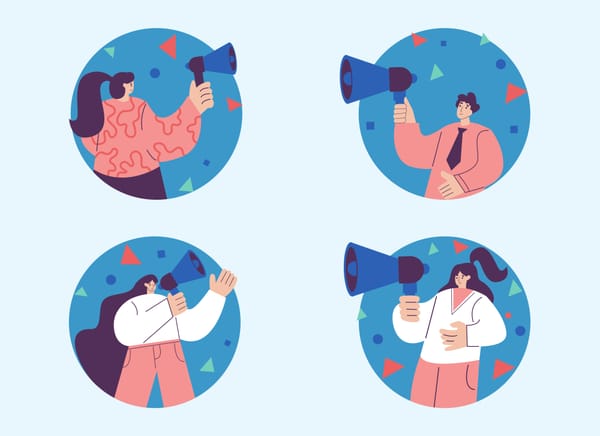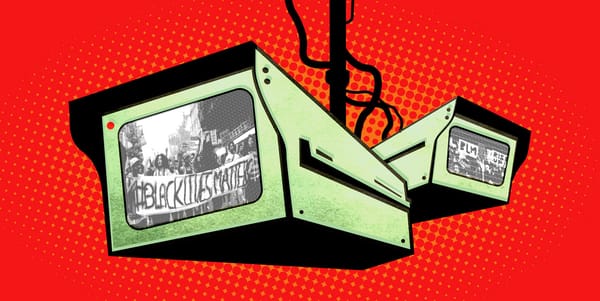
Why RSS matters
The future of the web depends on simple, open standards.

Why Europe's alternative tech vision needs community, not just compliance

Why the next era of digital civil liberties requires a tighter mission, a bolder strategy, and a clearer view of how power works.

A comprehensive look at Mastodon, Bluesky, and the growing ecosystem of open, interoperable social networks.

The future of the web depends on simple, open standards.

Why Europe's alternative tech vision needs community, not just compliance

Why the next era of digital civil liberties requires a tighter mission, a bolder strategy, and a clearer view of how power works.

A comprehensive look at Mastodon, Bluesky, and the growing ecosystem of open, interoperable social networks.

Why organizations must evaluate values, not just features

The needs are real – and you have so much power.
Ben Werdmuller explores the intersection of technology, democracy, and society. Always independently published, reader-supported, and free to read.
Let's Encrypt is ten years old. It's changed the web for the better.
"By making the news and truth contingent on advertising budgets we’ve created an environment where any narrative can win, as long as the storyteller is willing to pay. If we allow these conditions to continue, we will leave behind the voices that truly matter."

The future of the web depends on simple, open standards.
"History shows us that all progress comes from the meeting of diverse people, with different ideas, and different backgrounds." The web is no different.

What comes after the AI hype cycle; new community platforms; and more.
Under a new State Department memo, people who keep online spaces safe are now ineligible for H-1B visas.

Why Europe's alternative tech vision needs community, not just compliance
"In physical space, Western children are almost comically sheltered. But in digital space, they’re entirely beyond our command; and increasingly, that’s where children spend most of their time."
New_ Public announced its new community platform is being co-developed with five local US communities - and there's a lot more to come.
"The question isn’t whether the current AI investment cycle will face a reckoning. It’s what form that reckoning takes — and what comes after."
I wrote this in my blog drafts well over a decade ago (exact date unclear). I thought I'd publish it as-is as an aside. I'm sure it was going to be an excellent full post, but clearly this is just the intro. I still agree though:
I've never been a great notetaker. Winnie Lim suggests I might be overthinking it: it's not a second brain but a second subconscious mind.